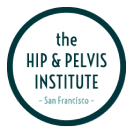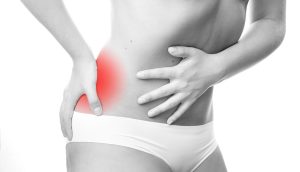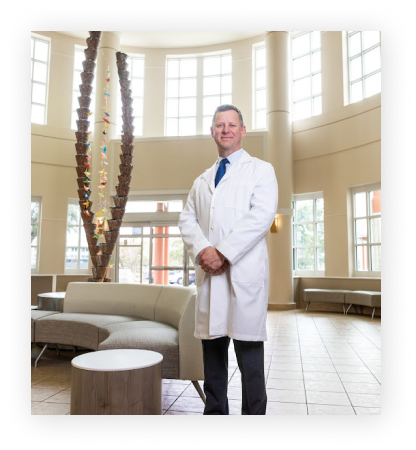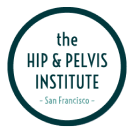15 Questions Patients Typically Ask Before They Schedule Their Hip Replacement Surgery
In the realm of orthopedic surgery, hip replacement is a significant decision that prompts numerous questions. To shed light on these concerns, Dr. Nicholas Mast, a distinguished board-certified orthopedic surgeon specializing in hips, and his expert team have curated a guide to address the top 15 questions surrounding hip replacement surgery.
Disclaimer: The insights provided are not a substitute for medical advice, rather recommendations from Dr. Nicholas H. Mast based on extensive experience with over 3,000 hip replacement surgeries. Individual patient needs should be discussed in a personalized consultation.
Patient stories and reviews on the website offer further illumination and validation of successful outcomes..
Exploring the Journey to Hip Replacement As we embark on this exploration, it’s essential to recognize that these answers serve as a general guide and not personalized medical advice. For those considering hip replacement in 2024, these insights may prove valuable, but a consultation with Dr. Mast is imperative for tailored recommendations.
1. How soon can I return to my favorite activity after a hip replacement? The speed of returning to activities post-surgery varies, influenced by factors like overall health and adherence to rehabilitation protocols. Dr. Mast emphasizes the importance of gradual reintegration, guided by personalized recovery plans.
2. Will I gain weight after hip replacement? Weight gain is a potential concern due to lifestyle adjustments during recovery. Dr. Mast advocates for a balanced approach to nutrition and maintaining a healthy weight to optimize recovery.
3. How bad is the pain? While pain is subjective, advancements in surgical techniques and pain management strategies aim to minimize discomfort. Dr. Mast tailors pain management plans to individual needs, ensuring a smoother recovery.
4. What is the difference between posterior and anterior hip replacement? Dr. Mast explains the variance between posterior and anterior approaches, highlighting the benefits and considerations of each. Personalized recommendations are made based on factors unique to each patient.
5. Will I have complete mobility once the surgery and recovery are complete? Expectations for mobility restoration are discussed, emphasizing the significance of following rehabilitation guidelines to achieve optimal results.
6. Are there special foods or supplements that will help me through the surgery and recovery? Nutritional considerations play a role in recovery. Dr. Mast provides insights into dietary choices and potential supplements that can aid in the healing process.
7. What medicines are typically prescribed, and what should I be prepared for in terms of pain management during the recovery process? An overview of commonly prescribed medications and pain management strategies is provided, ensuring patients are well-informed about what to expect during recovery.
8. What role will physical therapy play in my recovery? Dr. Mast underscores the pivotal role of physical therapy in enhancing recovery, promoting flexibility, and rebuilding strength. Personalized plans are crafted based on individual needs.
9. Are there any sports or activities that are “off limits” after a hip replacement? Activities that may impact the hip joint are discussed, with Dr. Mast offering guidance on modifications and alternative exercises to maintain an active lifestyle.
10. How much flexibility will I have in the hip post-surgery? Expectations for post-surgery hip flexibility are explored, emphasizing the importance of following rehabilitation protocols for optimal outcomes.
11. What are the things I can do now to improve my recovery and outcome of the surgery? Preparation for surgery involves lifestyle adjustments. Dr. Mast provides actionable tips to enhance overall health, contributing to a smoother recovery process.
12. Will I require a caregiver, and how long will I need someone to look after me? The necessity of a caregiver and the duration of assistance post-surgery are discussed, with Dr. Mast guiding the support needed during the recovery phase.
13. How quickly will I be able to walk, get into a car, and climb stairs to get home after the surgery? The timeline for regaining mobility milestones is outlined, offering patients a realistic expectation of the recovery process.
14. What does the implement look like, and what does it weigh? Dr. Mast provides insights into the prosthetic device used in hip replacement surgery, offering a comprehensive understanding of its appearance and weight.
15. Will I be awake, or will I feel anything during surgery? The anesthesia process is demystified, providing clarity on patient experience during surgery. Dr. Mast emphasizes the importance of communication with the anesthesia team to address any concerns.
In conclusion, the decision to undergo hip replacement surgery is a significant step toward reclaiming an active and pain-free lifestyle. Dr. Nicholas Mast’s expertise, coupled with a commitment to personalized care, ensures patients receive comprehensive guidance throughout their journey.
For personalized advice tailored to your unique needs, Dr. Mast encourages scheduling a consultation. The dedicated team at Dr. Nicholas Mast’s practice is ready to address your concerns, providing clarity and support as you navigate the path to hip replacement success.
Disclaimer: The information provided in this blog is for informational purposes only and is not intended as medical advice. Individual patient needs should be addressed in a consultation with Dr. Nicholas Mast.
Contact our office at (415) 530-5330 to schedule a consultation and embark on your journey to hip replacement success.








